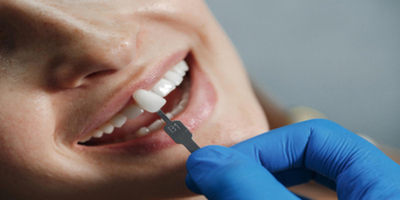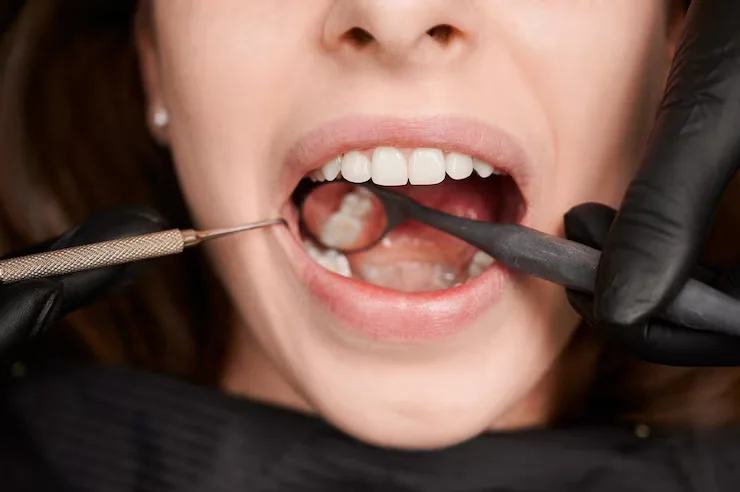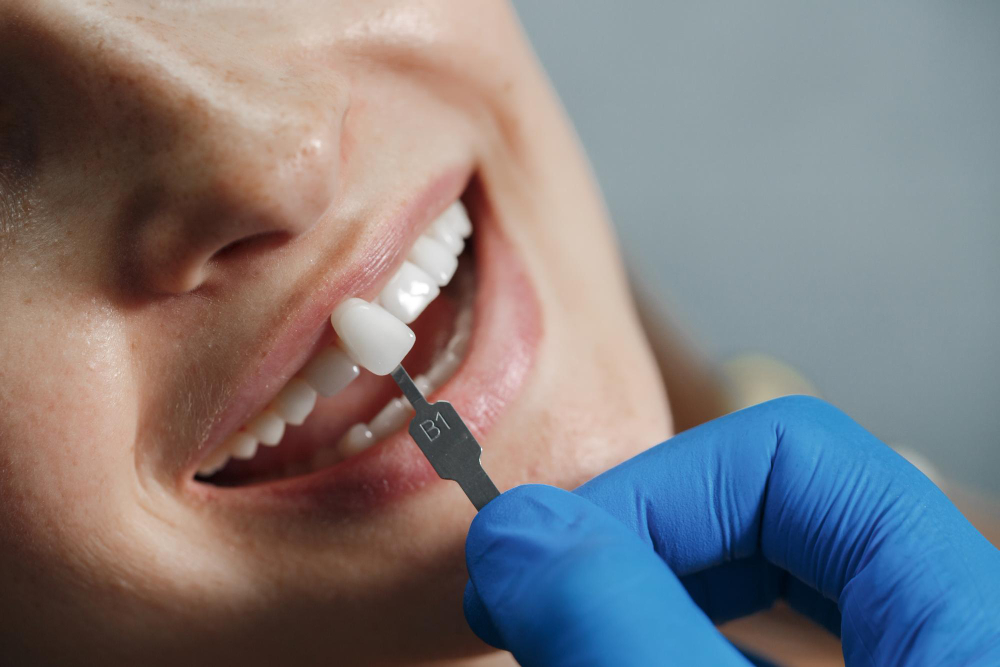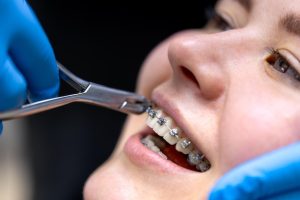A dental crown can be view as a cap for a damaged tooth. It is a type of dental restoration use when the tooth is potentially damage or decay. The same-day crowns not only cover the imperfections but also improve the tooth’s overall appearance.
If your dentist has recommended a dental crown or you wish to know what crowns are for teeth, this article is for you. This article will discuss different aspects of dental crowns and whether you are the right candidate for the procedure.
What is a Crown in Dentistry?
Dental crowns in dentistry refer to custom-made caps that conceal fractured teeth and restore their shape, size, and strength. Ideally, the crowns only cover the visible portion of the tooth above the gumline. A dentist may recommend a crown for a variety of conditions, including:
- To replace cracked, chipped, and loose teeth.
- To protect a weak tooth.
- To aid in other dental restoration procedures, such as a root canal.
- To treat large cavities.
- For cosmetic purposes, including covering discolored teeth or filling the gap between teeth.
- To bridge the gap between missing teeth.
- To cover dental implants.
What are the Different Types of Dental Crowns?
Depending on your oral health condition, a dentist may recommend any of the following crown procedures:
-
Temporary Crowns
As the name suggests, a temporary crown is a short-term arrangement that remains in your mouth until the permanent crown is ready. The dentist places the temporary crown over the affected tooth with an adhesive during its placement.
After a few weeks or a month (depending on the condition), the temporary crown is remove and replace with a permanent one.
-
One Day Crowns
Unlike the traditional approach, crowns can be craft on the same day. This implies that you can skip the temporary crown phase altogether. Many dental clinics provide same day crowns installation using advanced methods, including computer-aided design or manufacturing. The crown is craft and mill using a ceramic block in the clinic.
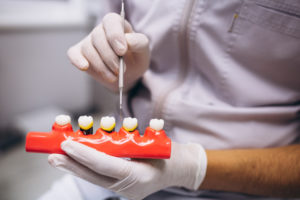
-
Onlay or 3/4th Crowns
An onlay or 3/4th crowns are recommended that cover only the affected portion of the tooth.
Depending on the individual patient’s condition, the crown material is select. When selecting the right material, your dentist will consider a lot of factors, including:
- Location of the tooth.
- Amount of healthy natural teeth.
- Position of the gum tissue.
- Function of the tooth.
- Color of surrounding teeth.
Based on the above factors, the dentist may recommend what are crowns for teeth made up of the following materials:
-
All-Resin Dental Crown
As the name suggests, this crown type is made of resin. The best part about this crown is that it matches your teeth’ color. The only drawback, however, is that these can be worn down quickly and are ideal for temporary settings.
-
Porcelain Crown
This type of crown is made entirely of ceramic or porcelain. This type is mainly advise for people with metal allergies and looks similar to natural teeth.
-
Porcelain Fused to Metal Crown
In this type, the inner part of the crown is crafted from a metal alloy, and the outer part is made of porcelain. Porcelain gives the teeth a natural shape and color. This type is the most durable and is usually recommended for front or back teeth.
-
Zirconia Crown
A zirconia crown is the strongest type and more durable than other ceramic crowns. The best part about this crown is that it can withstand harsh chewing and biting.
-
All Metal Crown
An all-metal crown is made up of gold or platinum alloys. This type provides maximum strength and retention and does not require tooth structure removal. The only drawback is that the crown may not match the natural color of teeth.
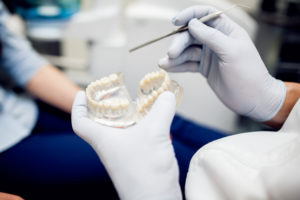
What Is the Dental Crown Procedure?
The procedure for dental crowns depends on whether you require a same-day or traditional crown.
In the case of traditional crowns:
- Your dentist will inspect and prepare the tooth.
- If required, the dentist may also file down or pull the outer layer of the tooth.
- An impression of your tooth is taken, and a temporary crown is placed while the permanent one is fabricated in a dental lab/
- After a few weeks, your dentist will remove the temporary crown and place the custom-made permanent crown using dental cement.
In the case of same-day crowns:
- The dentist will take digital images of your mouth.
- The dentist will create a crown in the clinic using the photographs. The process may take 1-2 hours.
- Once ready, the crown will be cement.
How Long Do Dental Crowns Last?
With proper care, dental crowns can last between 5 to 15 years. The lifespan depends on:
- Material used (zirconia and metal crowns last longer)
- Oral hygiene habits (brushing, flossing, and regular dental checkups)
- Chewing habits (avoiding hard foods that may cause chipping)
- Lifestyle choices (avoiding smoking and sugary foods)
A well-maintained dental crowns can last over a decade with good oral care!
Takeaway
A dental crown is durable, practical, and cosmetically pleasing. It covers the imperfections on your tooth and aids in different procedures, including a root canal. Understanding what are crowns for teeth and their benefits can help you make the right decision about your dental care. Whether you need a traditional crown or prefer same-day crowns, your dentist in Hopkins will help you choose the best solution for long-lasting results.
Get Your Dental Crowns at Hopkins Family Dentistry!
At Hopkins Family Dentistry, we provide practical solutions to your dental problems. If you have chipped, damaged, or decayed teeth, visit us today for a thorough dental checkup.
Schedule an appointment with us here.
You can also visit us at 1919 Main Street, Hopkins, MN, or contact us at (925) 935-2121.

